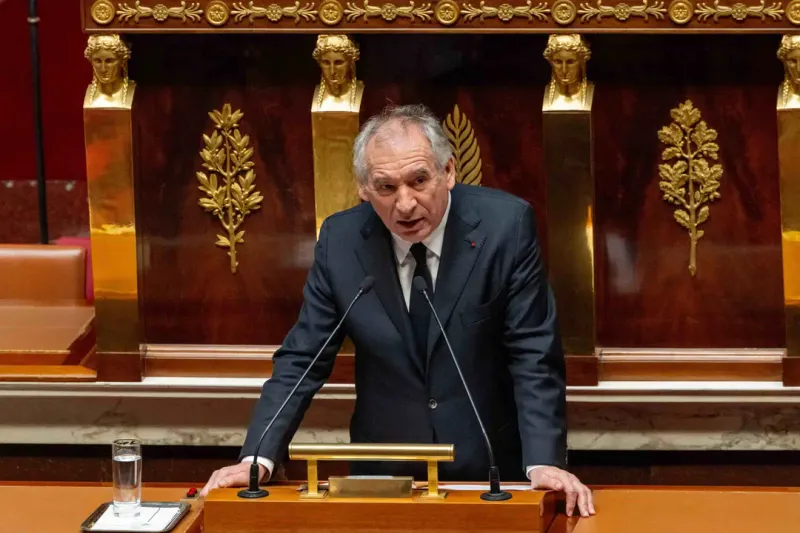Sunak: Pro-Palestine Rally Can Proceed on Armistice Day
After describing the event as 'disrespectful' and summoning the Metropolitan (Met) Police Commissioner to discuss safety concerns, UK Prime Minister Rishi Sunak stated Wednesday that those who plan to hold a pro-Palestine rally in London on Saturday had the 'right to peacefully protest.'...

0:00
/1861
Facts
- After describing the event as 'disrespectful' and summoning the Metropolitan (Met) Police Commissioner to discuss safety concerns, UK Prime Minister Rishi Sunak stated Wednesday that those who plan to hold a pro-Palestine rally in London on Saturday had the 'right to peacefully protest.'1
- Met Commissioner Sir Mark Rowley argued that from a legal standpoint, there was 'no mechanism to ban a gathering, a static protest,' adding that people 'should be very reassured that we're going to keep this away from the remembrance and armistice events.' In response, Sunak had said that his 'job' was now to 'hold him accountable' for that promise.2
- Following his meeting with Rowley on Downing Street, however, the prime minister said, 'This weekend people around the UK will come together in quiet reflection to remember those who made the ultimate sacrifice for this country.' He continued by clarifying that 'part of that freedom is the right to peacefully protest,' even 'if we disagree with them.'3
- The pro-Palestine protest is scheduled to start at 12:45 p.m. (local time) Saturday at Marble Arch and end at the US embassy in southwest London, which is roughly two miles from the Cenotaph, where Armistice Day events will be held Sunday. While Sunak said there 'remains the risk of those who seek to divide society using this weekend as a platform to do so,' he noted that Rowley 'committed' the protests 'under constant review.'1
- While Rowley claimed the pro-Palestine 'organisers have shown complete willingness to stay away from the Cenotaph and Whitehall' and have 'no intention of disrupting the nation's remembrance events,' he added, 'Should this change, we've been clear we will use powers and conditions available to us to protect locations and events of national importance at all costs.'2
- Leader of the opposition Labour Party, Sir Keir Starmer, accused Sunak of 'picking a fight' with the police, arguing that the Home Secretary is the figure who must be held accountable.4
Sources: 1Guardian, 2Sky news, 3Independent and 4The telegraph.
Narratives
- Pro-establishment narrative, as provided by The telegraph. A paramount Western value is that dissenting voices can heard. This can be accomplished in the UK while also maintaining public order. In the case of Armistice Day weekend, many diverse voices will be heard, but the different events will take place on different days and in different locations. The security situation is well in hand.
- Establishment-critical narrative, as provided by Lbc. The British public has spoken out against what they see as the desecration of a day meant to celebrate fallen British soldiers. Couple that with growing fears of rogue bad actors using the conflict to wreak havoc on society, it would be in the interest of public safety to simply keep Armistice Day as it's traditionally been and push the pro-Palestine march to a less controversial date. Sunak, legal authorities, and the event organizers should move this event and are wrong not to do so.






